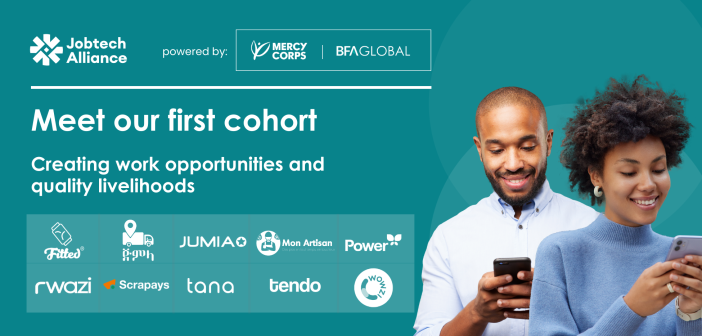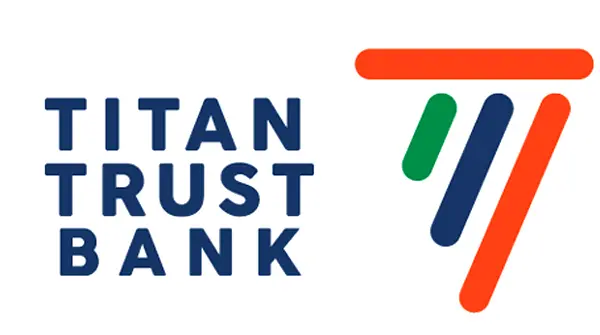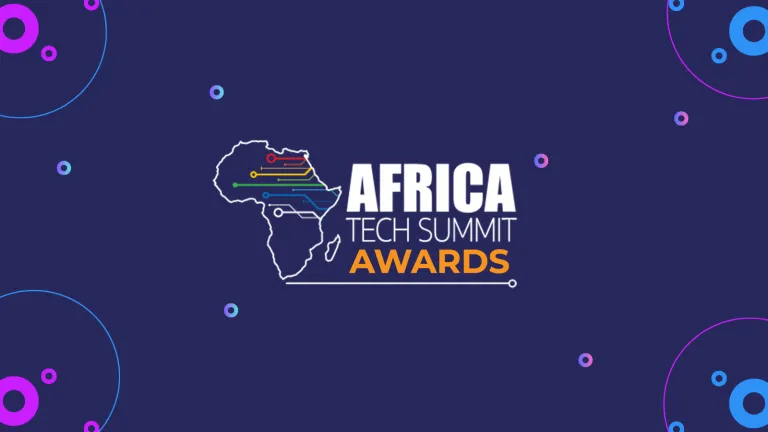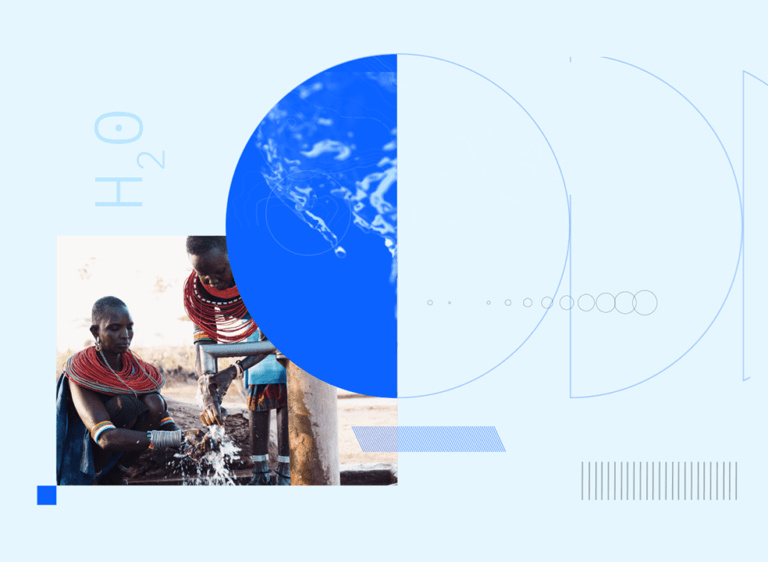First cohort of 10 inclusive jobtech platforms from Jobtech Alliance announced

Ten companies that are developing relevant and accessible jobtech solutions that connect young people to work have been named as the inaugural cohort by the Jobtech Alliance.
These companies will take part in two new initiatives and have access to funding and mentorship as well as participate in two new programs.
Last October, Disrupt Africa covered the introduction of the Jobtech Alliance, an ecosystem-building project around inclusive jobtech in Africa led by Mercy Corps and BFA Global. The initiative aims to foster an environment where entrepreneurs can build platforms that provide users with opportunities for decent work while also being inclusive and delivering quality livelihoods.
The partnership has introduced two initiatives, the Catalyst Jobtech Accelerator and the Jobtech Innovation Lab, to assist online communities that link people to jobs that help them support themselves.
The accelerator will give the businesses the resources they need to expand their initiatives over the course of a six-month program, including US$200,000 in grant cash, custom venture development support, and access to industry experts. The participating businesses total four.
The Jobtech Innovation Lab will work with six businesses over the course of the coming year to support their efforts to develop new goods or services, expand and add more jobs, support their commercial growth strategy and gender-focused business strategy, enhance their operations to better deliver services, expand into new markets, or lower barriers to entry for underrepresented groups, particularly young women and refugees.
The four businesses that have been chosen to take part in the Catalyst Jobtech Accelerator are Fitted from Nigeria, a digital platform that uses machine learning to eliminate inefficiencies in the custom tailoring industry, Jemla from Ethiopia, a B2B e-commerce wholesale platform that enables informal retailers to access a wide range of FMCG products, Mon Artisan from the Ivory Coast, a skill-on-demand digital platform for artisans and gig workers in the informal sector, and Tana.
“It’s exciting to kick-off the first cohort of the Catalyst Jobtech Accelerator and continue implementing our acceleration work in the fintech and digital commerce space. Our collaboration with Mercy Corps through the Jobtech Alliance will enable us to support platforms in Africa,” said Michelle Hassan, co-director of Jobtech Alliance.
Jumia Uganda, with its sales agent program JForce, Kenya’s Power, which provides workers with digital financial services, Mauritius’ on-demand market intelligence platform Rwazi, Nigeria’s Scrapays, a platform for waste management, Ghana’s Tendo, which links wholesalers and resellers, and Kenya’s Wowzi, a multi-channel digital advertising marketplace, are the six businesses chosen to take part in the Jobtech Innovation Lab.
Paul Breloff, a member of the Jobtech Alliance Steering Group, said of the Jobtech Innovation Lab, “We are not going to solve the problem of youth unemployment in Africa with any one jobtech platform.” “But these platforms teach us about what works and where to go in this emerging sector by investing at the tip of the spear, in innovation and experimentation,” the author says.







